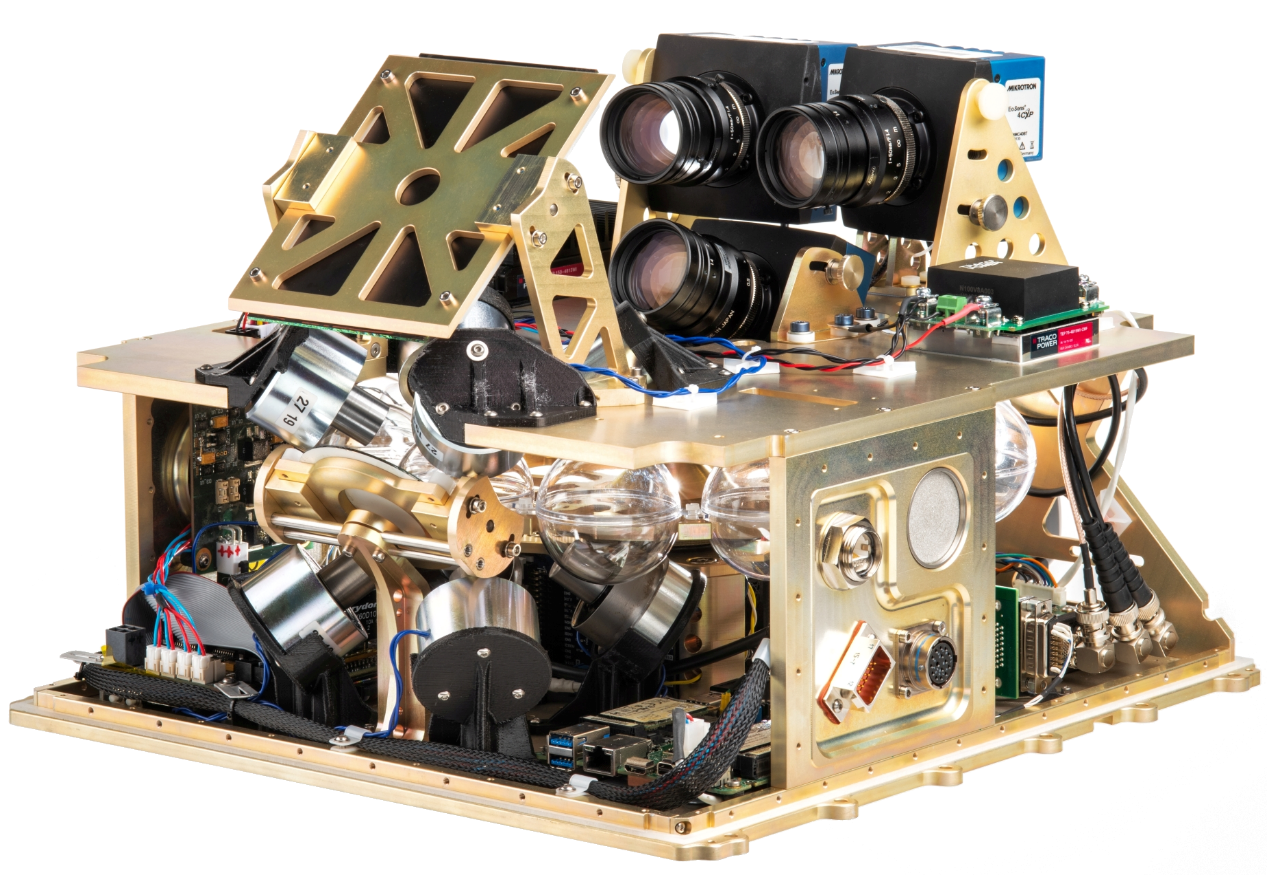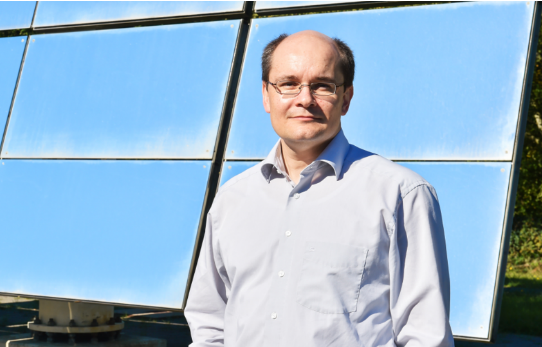Speaker: Prof. Matthias Sperl
Jan. 4, 2023
4 pm GMT+8
Granular matter presents a challenge to its physical description because granular particles lose energy upon collision among each other and can hence only be found in a steady dynamical state under continuous agitation. Granular matter is therefore at the same time a fundamental example of non-equilibrium physics as well as a highly relevant system for applications in industrial processes and for space exploration.
Different states of granular matter can be classified into three categories and can benefit from investigations in microgravity in distinct ways: (1) granular gases are dilute systems and subject to sedimentation which can be avoided in microgravity.
Their agitation by vibration or magnetic means allows for the study of cooling in such granular gases, deviations from the Maxwell distribution of velocities, and the onset of particle agglomeration, relevant also for early stages of planet formation. (2) Granular fluids are denser than granular gases and require scattering techniques to follow their dynamics. On Earth, granular fluids are anisotropic and typically inhomogeneous at higher densities. In microgravity, granular fluids can be agitated isotropically and can stay homogeneous for densities up to the jamming transition where permanent contacts are formed. It can be demonstrated that in space different ensembles of granular matter are explored than on Earth. (3) For granular packings, permanent contacts establish a stress-network among the particles, which close to the jamming transition is experiencing a large pressure gradient on Earth. In microgravity, such a gradient is absent and measurements e.g. of the sound transmission can be performed in a mostly gradient-free environment even at very low confinement.
In an outlook beyond microgravity, the importance of granular matter for exploration shall be illuminated.
About the Speaker
Prof. Dr. Matthias Sperl, German Aerospace Center (DLR) and University of Cologne. Matthias Sperl studied physics at the Technical University of Munich with stays at the University of Illinois at Urbana Champaign and the Santa Fe Institute. He graduated with a PhD from the Technical University of Munich in 2003 about theories of glass-transition singularities predicting novel amorphous states that were later identified in both computer simulations and experiments.
2004-2006 Matthias Sperl did an experimental postdoc at Duke University, USA, moving on from thermal disordered systems (glasses) towards athermal granular media. After a stay as guest researcher at the University of G#ouml;ttingen in 2006/2007 where he also returned as a temporary professor in 2009, he moved to Cologne, Germany, joining the German Aerospace Center (DLR) in 2007 and the faculty of the University of Cologne in 2016 as professor of theoretical physics. At DLR he heads a group performing theory, numerical simulations as well as experiments in the laboratory and on microgravity platforms. He has performed experiments personally on more than 500 parabolas, executed launches in drop towers and on sounding rockets, and is the principal investigator of several instruments on the International Space Station (ISS).
He was awarded the Robert-Wichard-Pohl Medal for excellence in teaching in 2009; he led the efforts of the European Space Agency in 2016 and again in 2020 for the roadmaps in soft-matter in space. For the International Space Exploration Coordination Group (ISECG) in 2020/2021 he served in the gap analysis group for in-situ resource utilization (ISRU). Matthias Sperl has stayed at the Kavli Institute for Theoretical Physics in both Santa Barbara, USA, as well as in the CAS-sponsored KITPC in Beijing .
Sign up to the ISSI-BJ Newsletter or follow us on WeChat (ISSIBJ)
to be always up-to-date and to not miss our seminars!


